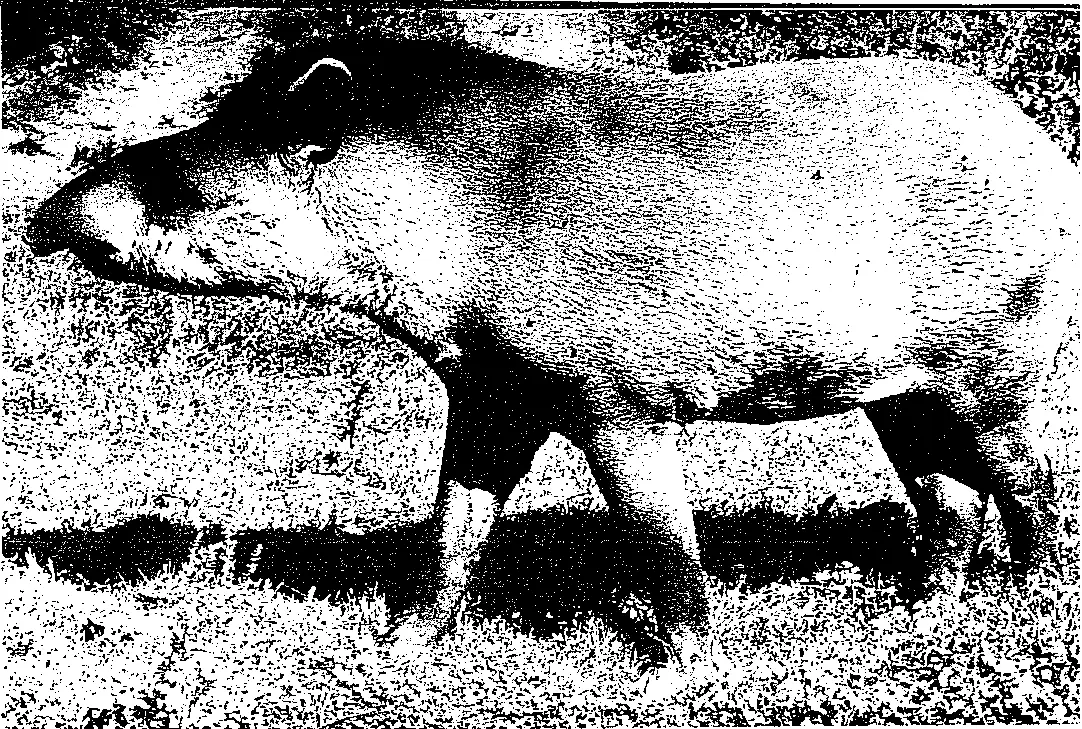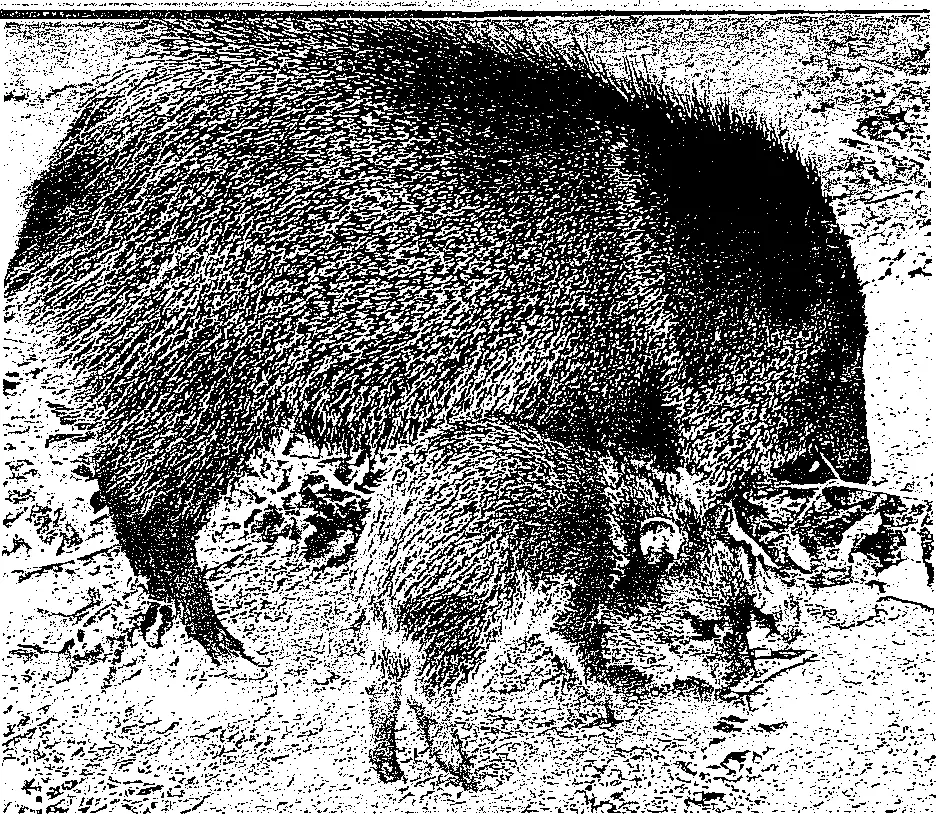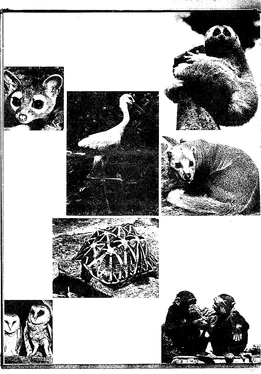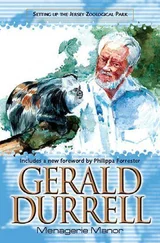Gerald Durrell - Island Zoo
Здесь есть возможность читать онлайн «Gerald Durrell - Island Zoo» весь текст электронной книги совершенно бесплатно (целиком полную версию без сокращений). В некоторых случаях можно слушать аудио, скачать через торрент в формате fb2 и присутствует краткое содержание. Жанр: Природа и животные, на английском языке. Описание произведения, (предисловие) а так же отзывы посетителей доступны на портале библиотеки ЛибКат.
- Название:Island Zoo
- Автор:
- Жанр:
- Год:неизвестен
- ISBN:нет данных
- Рейтинг книги:3 / 5. Голосов: 1
-
Избранное:Добавить в избранное
- Отзывы:
-
Ваша оценка:
- 60
- 1
- 2
- 3
- 4
- 5
Island Zoo: краткое содержание, описание и аннотация
Предлагаем к чтению аннотацию, описание, краткое содержание или предисловие (зависит от того, что написал сам автор книги «Island Zoo»). Если вы не нашли необходимую информацию о книге — напишите в комментариях, мы постараемся отыскать её.
Island Zoo — читать онлайн бесплатно полную книгу (весь текст) целиком
Ниже представлен текст книги, разбитый по страницам. Система сохранения места последней прочитанной страницы, позволяет с удобством читать онлайн бесплатно книгу «Island Zoo», без необходимости каждый раз заново искать на чём Вы остановились. Поставьте закладку, и сможете в любой момент перейти на страницу, на которой закончили чтение.
Интервал:
Закладка:

Tapir
Another animal from South America, which I got at the same time as Claudius, was Juanita, the white-collared peccary (PECK-er-ee). I think that peccaries are one of the prettiest looking of the pig family, with their slender legs, neat, polished little hoofs, their handsome brindled gray coats and the neat white collar of fur round their necks. Juanita was brought to me by a hunter when she was only a few weeks old, and she measured about a foot high at the shoulder. She was, of course, very tame, and liked nothing better than to lie on her back to have her tummy scratched. At that time I was keeping all the animals I had collected in a big garage, and as most of them were tame I never shut them up in their cages, but let them have the run of the place. At feeding time I would put three or four large dishes on the floor, and from every part of the garage would come a strange mixture of creatures to feed out of the same dish: parrots, macaws, toucans, wild rabbits, a wildcat, agoutis, monkeys and coatis. Juanita, though much bigger than most of the other animals, would behave very well, and she did not push or shove at the food plate. The only time 1 saw her get annoyed—and I could hardly blame her—was when a parrot, eager for his food, flew down and perched on her nose. She shook him off with an indignant squeal and chased him right across the garage. It was the last time that parrot tried to perch on her nose.
Then, one morning, tragedy occurred. I went down to the garage to feed the animals, and I found that Juanita had developed pneumonia. Already she was so weak she could not stand, and I knew that unless we worked fast she would die. It was too cold to leave her down in the garage, so wrapping her in a blanket, I drove back to my friend’s flat, where I was staying. Here we put Juanita, who was by now unconscious, in front of a lire, wrapped up in blankets, and I gave her an injection of penicillin. For hours there was no change. She just lay there, hardly breathing, with her eyes closed. Then, towards evening, she opened her eyes and sat up, and I knew that there was a chance of her recovering. I fed her on brandy and milk, and last thing at night gave her another injection. To make sure that she did not uncover herself during the night and get a fresh chill, I decided to sleep on the sofa with her. That first night she behaved very well, though she tried to kick off the blankets in her sleep, and I had to keep waking up and covering her up again. The next morning, although she was still very weak, there was a great improvement, and she even had enough interest in life to object strongly when I gave her an injection. That night she was much stronger, so much so that when we lay down on the sofa to sleep, she decided that she would like a game. Her idea of a game was to go to one end of the sofa and take a running jump on to my chest, landing on her sharp little hoofs, and then try to bite my ear.
I soon put a stop to this game, and then she lay on her back alongside me and kicked her legs in the air, wriggled and grunted, and generally behaved in a most disgraceful fashion, until I had to put on the light and speak to her most severely. I must say that I was very glad when Juanita got better, not only because I did not want to lose her, but also because it is very exhausting to try to sleep with a peccary. Now, of course, Juanita is very grown up, and even has a daughter of her own. Her daughter, as her mother used to, likes having her tummy scratched, but Juanita just looks on in scorn: she feels she is much too old to indulge in such childish antics.
The anteaters and armadillos belong to a group of animals of which I am very fond, and they all come from South America. The giant anteater is, of course, the biggest of the anteaters, as well as being the most curious looking. With their long icicle-shaped heads,

White-
collared
Peccary
their handsome pattern of gray and black, and their huge bushy tails, the giant anteaters are spectacular looking creatures, and a full grown one may be as big as a St. Bernard dog. When I was in South America we once had a very exciting hunt after a giant ant- eater. It was in the grasslands of Guiana. An Indian hunter came to me one day and said that he had discovered an area where a giant anteater was living, and would we like to go and try to catch it. So, early one morning, we set off on horseback, carrying lassos with which to catch the anteater if we saw him, and several large sacks to wrap him in. We rode for three or four hours across the golden grass fields, and I was just beginning to feel very sleepy when our Indian guide reined in his horse and said that we had arrived.
He pointed to the area ahead of us, which was a very slight valley, filled with long grass and small, stunted bushes. Somewhere in there, the Indian informed us, he was sure the anteater was sleeping. So the three of us spread out in a line and rode through the grass and bushes, making as much noise as we could to try to frighten the anteater out of his hiding place. We were nearing the end of the little valley, and I was just beginning to think the Indian had been mistaken about there being an anteater hidden there, when from under a clump of bushes we were approaching, out rushed a huge male giant anteater, and galloped away across the grass, his tremendous tail streaming out behind him, like a flag, as he ran.
Immediately, shouting with excitement, we got our lassos ready, spurred up our horses and galloped after him. It was an exciting chase, because the ground was so uneven that we had to be very careful our horses did not stumble and throw us over their heads, but slowly we gained on the anteater. Our Indian guide was the first one to ride up alongside the animal, and he threw his lasso, but at that moment his horse stumbled, and his lasso fell short. He coiled up the rope and tried again, and this time the loop fell neatly over the anteater’s long snout. As I rode up alongside, the Indian leapt from his horse and pulled the lasso tight. I threw my lasso and managed it successfully, and it tightened round the anteater’s chest.
I jumped off my horse, and the Indian and 1, both hanging on to our lassos, were dragged across the grass by the anteater, who was, by now, very angry and snorting like a steam engine. But at last, after a long struggle, we managed to get another rope round his legs, and soon we had him trussed up so that he could not move. Then we put him in a sack, with just his head sticking out, and got ready to try to put him on one of the horses. Every time we lifted him up to try to put him on the saddle, he hissed so loudly and vigorously that the horse took fright and would not let us put what it obviously considered to be a fearsome monster on its back. In fact, none of the horses would carry our capture, so there we were miles away from camp, with an anteater in a sack and no method of getting it back. At last the Indian had to ride back to camp and fetch a bull, who was very strong and brave, and did not mind carrying anything, least of all hissing anteaters. It was late at night when we arrived back at camp with Amos, as we had christened the anteater. The next morning I had another problem, and that was to teach Amos to eat. In the wild state, of course, the anteaters break open the hard white ants’ nests and feed on them, but when you take an anteater back to a zoo you cannot supply him with white ants, so you have to teach him to eat something that can be supplied. It is a mixture of finely minced meat, raw egg and milk. At first, of course, the anteater will not look at this strange diet, and
Читать дальшеИнтервал:
Закладка:
Похожие книги на «Island Zoo»
Представляем Вашему вниманию похожие книги на «Island Zoo» списком для выбора. Мы отобрали схожую по названию и смыслу литературу в надежде предоставить читателям больше вариантов отыскать новые, интересные, ещё непрочитанные произведения.
Обсуждение, отзывы о книге «Island Zoo» и просто собственные мнения читателей. Оставьте ваши комментарии, напишите, что Вы думаете о произведении, его смысле или главных героях. Укажите что конкретно понравилось, а что нет, и почему Вы так считаете.










